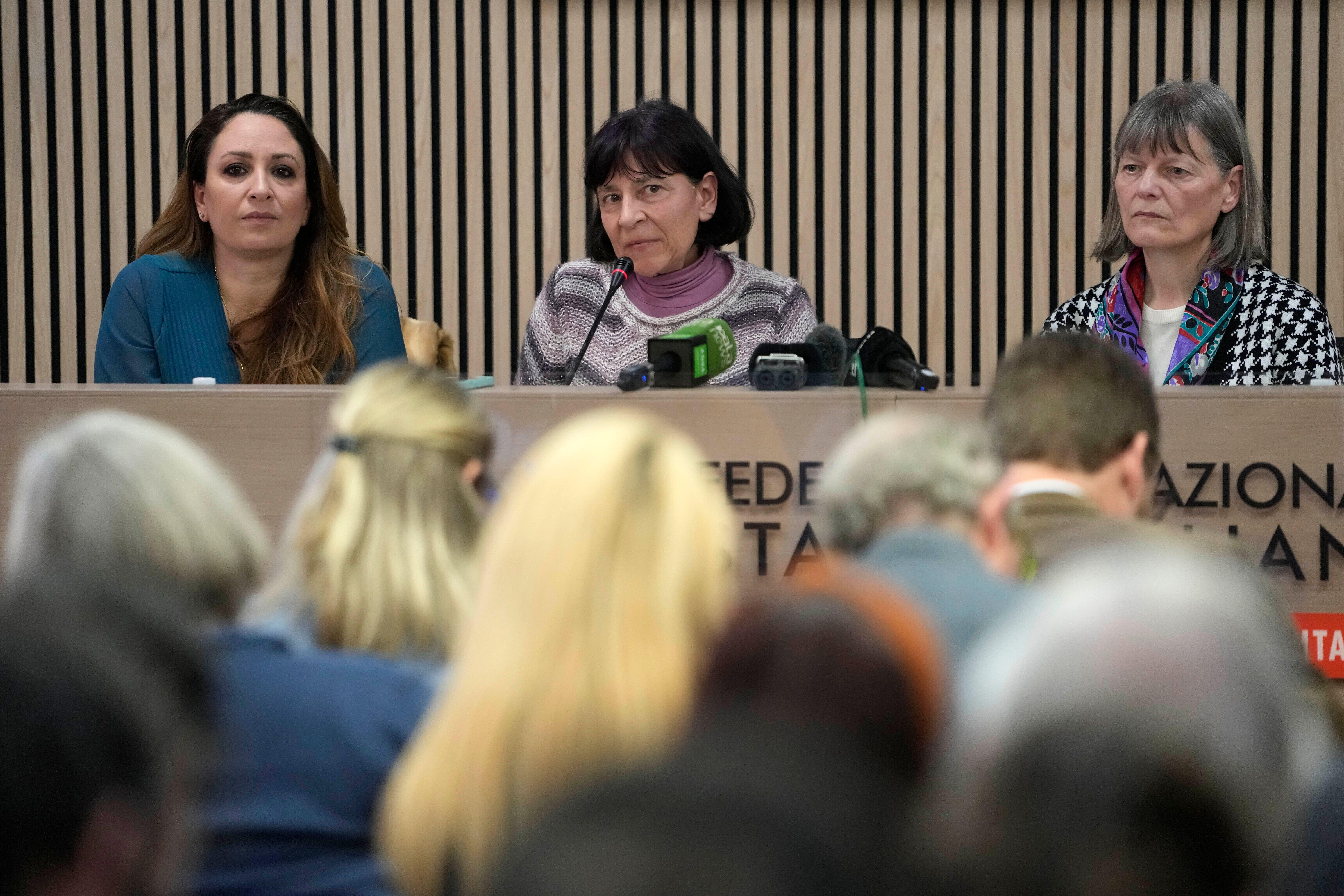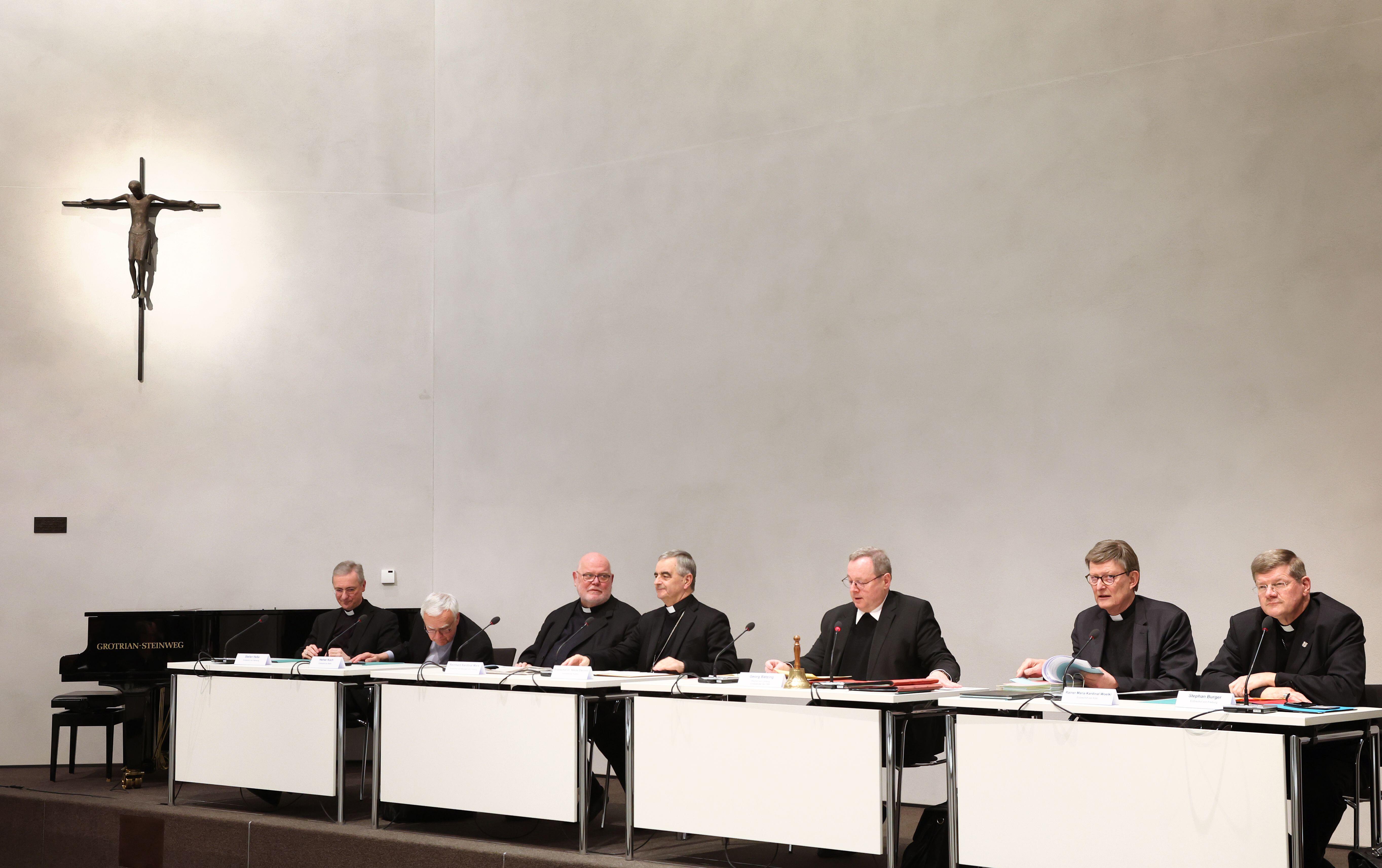The German bishops want to continue their Synodal Path “in close coordination with Rome and with the World Synod”, said Bishop Georg Bätzing of Limburg, president of the German bishops’ conference, at the conclusion of its plenary on 22 February.
He said they had responded seriously to the letter from the Vatican on 16 February, which prohibited any discussion of the establishment of a synodal council where members of the laity would take part in bishops’ decision-making.
Bätzing said that there were differing views on what his precise responsibilities were. He felt that one was to prepare a synodal council which complied with canon law, meaning it was necessary to pacify the Vatican.
“I would like to do everything in my power to encounter Rome’s worries which come out quite clearly in the letter,” Bätzing said, specifying the episcopal office as the central issue. He said Rome’s idea of synodality was to strengthen the office, but insisted this was compatible with German aspirations.
“We are convinced that that is what we, too, want with the Synodal Path. We in no way want to limit episcopal authority. We [German] bishops are convinced that what is called for are good and successful talks with the Roman authorities.”
Meanwhile, the Central Committee of German Catholics (ZdK –Zentralkomitee der deutschen Katholiken), which has several million members, declared it would not forgo lay participation in episcopal decision-making.
“The presidium of the ZdK intends to abide by its aim of lay participation in episcopal decision-making. Merely being permitted to advise the bishop – in other words simply simulating synodality – is not enough”, its president Irme Stetter-Carp said shortly before the end of the plenary.
She accused the cardinals who signed the letter of 16 February of creating “distorted images” of the German situation and of treating German bishops like schoolboys.
It was “absolutely misleading” to accuse German Catholics of proceeding with reforms without consulting Rome, she said, adding that it was shameful and embarrassing the Cardinals had not mentioned that it was the clerical sexual abuse scandal that had motivated German efforts for Church reform.
“Together with the German bishops, we’ve been trying for years to undertake extensive talks with Rome but until today no ZdK representatives have ever been received in the Vatican,” she said.
On Monday Cardinal Víctor Manuel Fernández, the prefect of the Dicastery for the Doctrine of the Faith and a signatory of the letter to the German bishops, said that members of the Curia would meet representatives of the German bishops’ conference on 22 March, in the first of a series of meetings on the subjects agreed “at a most cordial meeting which we had last October”.
Bätzing had confirmed on 22 February that talks were planned but gave no details. He said he did not wish to mention dates “as up to now we have been very discreet about the talks and not talked about them publicly – that is part of our trust relationship and we ask for understanding”.



 Loading ...
Loading ...